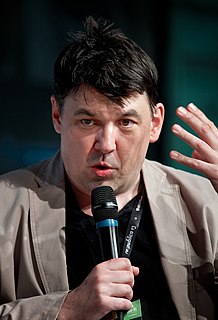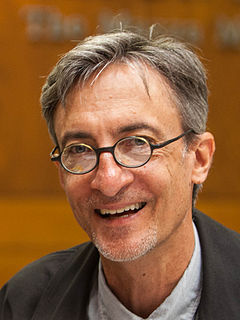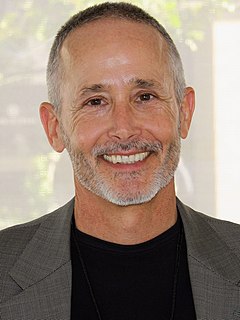A Quote by Anthony Marra
I think after you write something and you're finished with it, there is a sense of loss. That this is a world I can't really re-enter the way that I could when I was working on it. The covers of the book close it to the writer.
Related Quotes
I don't think there's any single finished point for a work. It's done when something's happening with the work that feels like a balanced, coherent disharmony. That's one way to say it. And where if I keep working on it, to discover and struggle with new problems, I'll obliterate the ones I was working on. I could keep working on it, but it'd become something different. And I value what's here, at the moment.
Think of a book special to you, and how much bleaker and poorer your life would be if that one writer had not existed - if that one writer had not, a hundred times or a thousand, made the choice to write. You're going to be that one writer one day for somebody you may never meet. Nobody can write that book you're going to write - that book that will light up and change up a life - but you.
If you can find two poems in a book, it could be a pretty good book for you. You know, two poems you really like. There are some poets who are fairly big names in contemporary poetry and who write a book and I might like three or four poems in the book, but the rest of them don't appeal to me personally; but I think that's the way it really ought to be. I think it's really a rare thing to like everything that somebody has written.
Not write what you know, but know what you write. If you write about a world before, after, or other than this one, enter that world completely. Search it to find your deepest longings and most terrible fears. Let imagination carry you as far as it may, as long as you recount the voyage with excitement and wonder. But this is the most important rule: write the book you most long to read.
Once I've properly finished a book, my ideal state of being would be to never think about it again. But with 'Capital,' I felt I'd spent so much time with the characters that they were very, very real, and I definitely had a sense of loss about leaving them behind in a way I've not quite had before.
The way I feel about every book is this: you don't finish it, you abandon it. All of my books have in some sense failed, otherwise I wouldn't write another one. If I wrote the perfect book, I wouldn't have to write again, and I wouldn't want to. That's not true for everyone, but it's true for me. I could walk away then. But so far I haven't managed to do it.
I didn't know enough as a writer to understand why I needed to do this, but I understood in a very gut way that I could not entertain those thoughts of pleasing people and write this book - that it would be a very different book. Without really sort of investigating that instinct, which I'm glad for, I just made a conscious decision to put blinders on and not think about anything and put it all in. And I did. I put everything in. I had to look at the whole picture to see what I needed.
It's not possible to advise a young writer because every young writer is so different. You might say, "Read," but a writer can read too much and be paralyzed. Or, "Don't read, don't think, just write," and the result could be a mountain of drivel. If you're going to be a writer you'll probably take a lot of wrong turns and then one day just end up writing something you have to write, then getting it better and better just because you want it to be better, and even when you get old and think, "There must be something else people do," you won't be able to quit.






































